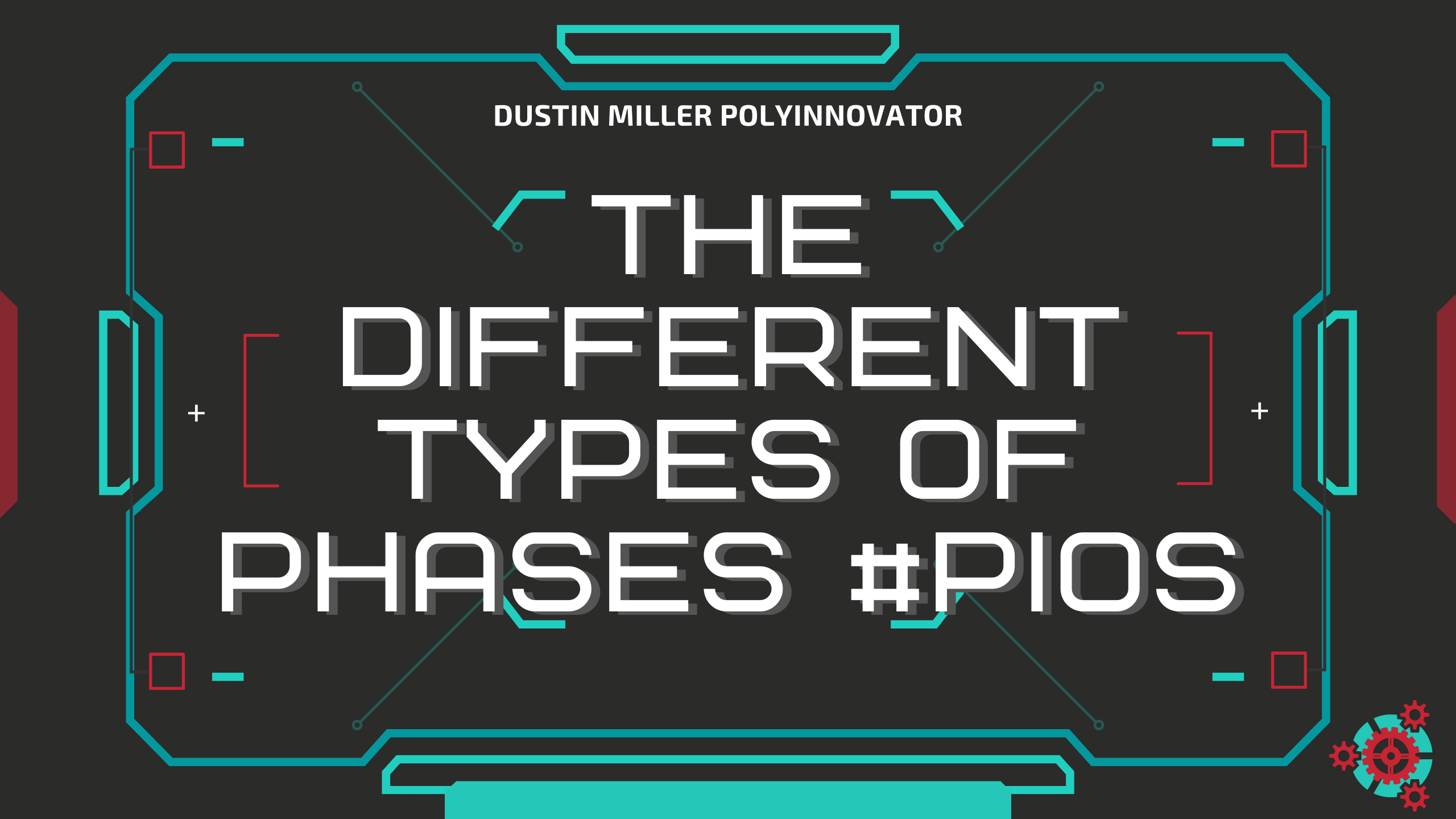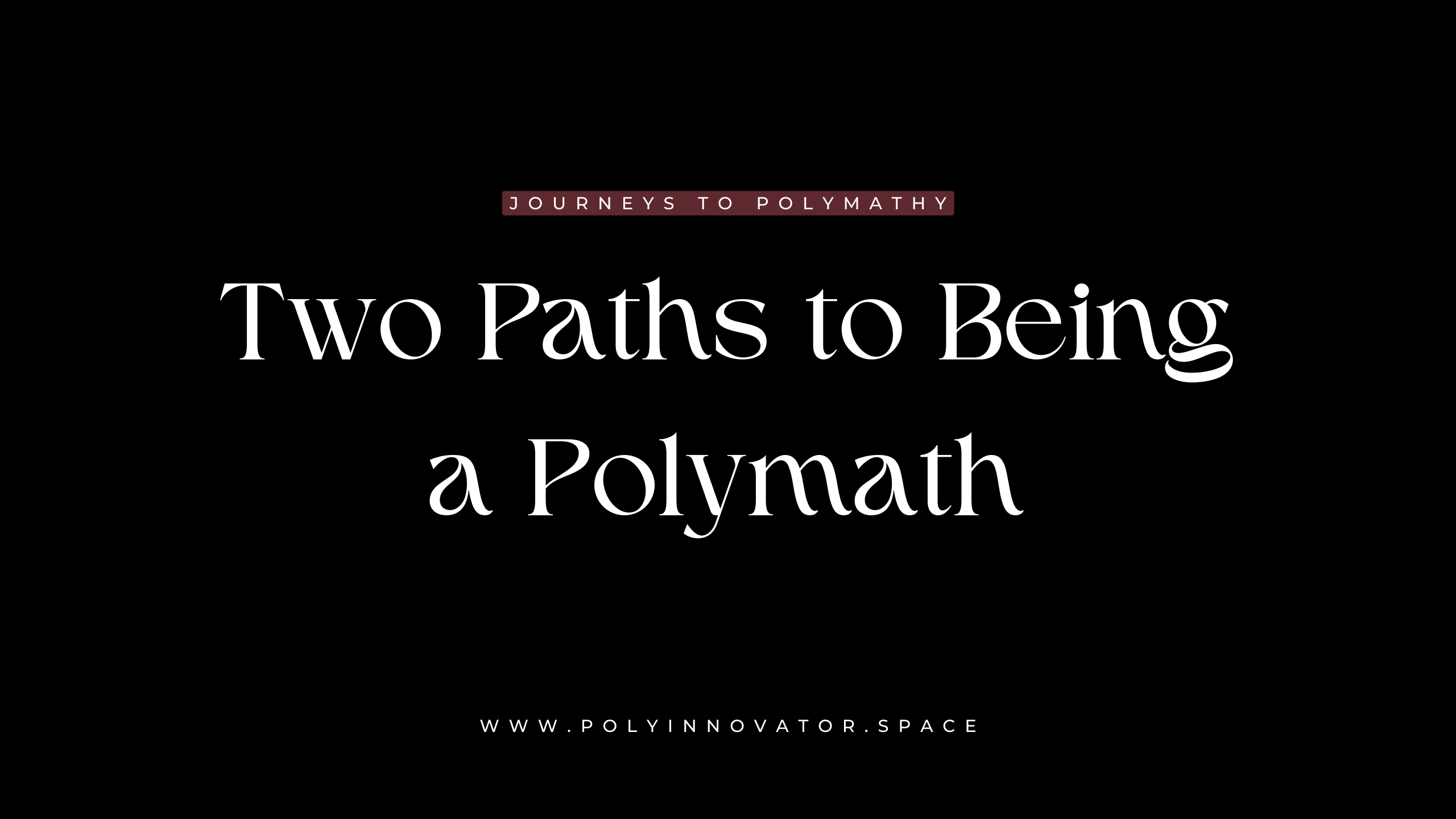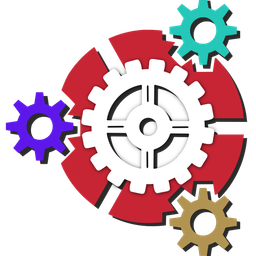After over a decade of self-development at this point, and years of trying to manage multiple skills and interests. I have concluded that there are two ways to pursue polymathy.
Both ways require you to be an autodidact, and honestly I don't think you could be hugely successful at anything without being a self-learner after all.
These two paths ahead of you are that of the more specialist side, and the generalist side. However that explanation is a bit over simplifying.
Why You might choose to Juggle
When I say juggling think of it like you are juggling multiple balls in the air, or spinning multiple plates.

This sort of action takes time to switch between each stand and plate. You can even see that one falls off. He then has to pick it back up to get it to spin again.
Some might say that it is a waste of time to do multiple plates. Wouldn't it be more impressive to stack the sticks and plates on top of each other?
Why You might choose to go Serialized
What this approach entails is that you have one main focus at a time. Perhaps you only have a small hobby on the side. I think in human nature you truly cannot focus on just one thing, as even the most engrossed scientist will have a hobby or side interest like reading.
Over the course of your like you'll have 3 or 4, or more interests that you enabled your super focus onto.
These various focuses become the various skills that make up of your polymathic life. I think this approach is a lot more common than many people think, and many "specialists" are actually multi-specialists in training.
How to do Both
Living your life is supposed to be from how YOU want to live it. Not based on how others think you should do it.
Using Pareto's principle (80/20) you can focus on more than one thing at once. Tim Ferriss points out that you can become a Specialized Generalist by focusing on the thing that you can leverage most.
That leverageable focus is your key to success, and then if you spend your time pursuing other things on the side it won't hinder you. Eventually a lot of the dividends of that original focus will allow you to have a new main focus too.
My main focus was fitness and swimming in particular, and while I don't have a whole lot of hours in that a week. I make enough per hour because of how much time I've put into it, that even though I work little hours I have been able to survive over the last few years on it.
80/20 Rule and Phases
I see phases as focuses, just another word for it, and those phases are what I split my time into. Actually in retrospect I may have made a critical mistake and didn't count all of my jobs as a phase when I should calculated that into my time management!
Let say you have a normal year, you spend 80% of your time on your main phase, and then the last 20% can be unique in a few ways.
That 20%, or in some years I do 30%, it can be split into multiple spinning plates. However how do you choose what phases to focus on in that 20-30%?
You choose it by keeping up previous phases, refer back to the gif of the guy dropping the one plate, then picking it back up. Conversely, you can focus on preparing and sowing the seeds for a future phase. Over the last few years I have been sowing the seeds for my content repurposing phase and PolyInnovator Gaming phase for example.
What does it take?
A really good time management system, and double so if you are neurodivergent. Taking accountability regardless of neuro states, and making sure you give adequate time for rest too.
When you balance all that out, then you can rely on a system like my PolyInnovation Operating System in Notion. To allow you to manage so many tasks, content, and ideas.
Therefore I think it is certainly possible to have a main focus, while also spinning multiple other focus plates.
Well there’s actually Three Paths
While I'm not always concerned about what defines a polymath, like some of the researchers in this space are, it is important to note that definition. As I am trying to continue on my own journey of polymathy, and help others on theirs. Hence this whole website after all.
What I consider to be the best option is a bit of both paths. You can take a T-shape approach and have a main focus over a long period of time. Let that be your serialized approach, change it out every 5-10 years, and work on a wide range of topics on the side. That is the third door, the third way, or the third path.
That is what I am doing with my phases in my own life too.

![Official Website for Dustin Miller PolyInnovator [LLC]](https://www.polyinnovator.space/content/images/2025/03/polyinnovator-logo-2024.png)












